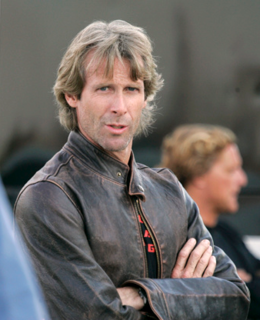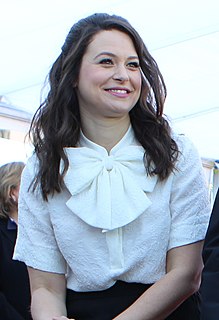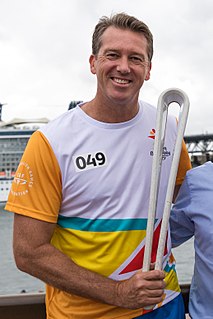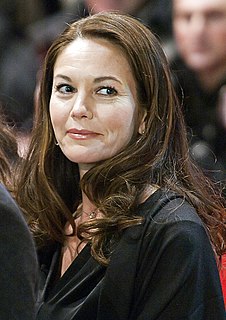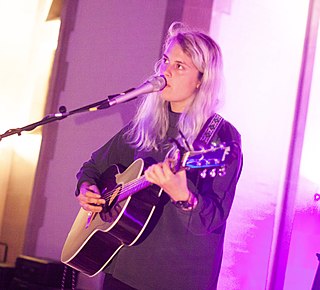A Quote by Kenneth Lonergan
Actors are very demanding because they have nowhere to hide. If I write a scene, it doesn't turn out very well, I don't ever have to show it to anyone; when you turn the camera on, or when you walk on stage, they have to feel like what's happening is real.
Related Quotes
It's so easy to disappear into your character because there isn't all this fuss around you, and we keep a closed set, and closed off to all crew members, even, unless we're cut. A lot of times, you're doing a scene in a movie and there are literally 35 people standing behind the camera all waiting to do their job, but here they have to be off the stage. On The Office, it is very much just the actors, a cameraman and a boom operator, like a real documentary, like we really are being documented.
There's really a shortage of good freelance writers. ... There are a lot of talented people who are very erratic, so either they don't turn it in or they turn it in and it's rotten; it's amazing. Somebody who's even maybe not all that terrific but who is dependable, who will turn in a publishable piece more or less on time, can really do very well.
I don't ever want to do a movie where you shoot it on a motion capture stage. I just don't like taking the reality out of it. I like being on the set in real environments. I don't like shooting on green screen. I think it gives the actors so much more to play with when there's real stuff happening on the set.
Who I am on stage is very, very different to who I am in real life. But I don't see that having a sexy image when you are on stage means that you don't love God. No one knows what I'm really like from that. I like to walk around with bare feet and I don't like to comb my hair. I'm always so glammed up and so diva on stage and that's what they see. People don't understand that... No one knows my personal relationship with God and it's not up to me to prove that to anyone.
I don't like real places, but I don't like imagined ones either. I feel like I'm looking for some mixture and it's very hard for me to say because I like to use real place names because there's an uncanny feeling to them, but at the same time I don't ever really try to make them plausible. Sometimes I like to use them as a way to hide in plain sight a little bit, because to me a very exotic or imagined setting has a lot of weight and a lot of burden to it, and it doesn't suit me, but a real place seems to have its own weird legacy, so I don't know what the choice is?
Women, in general, will find it difficult to turn from a man and stop demanding that he meets their needs, provides security, and protects their identity, and return to me. Men, in general, find it very hard to turn from the works of their hands, their own quests for power and security and significance, and turn to me.
I do feel that if it's not on the page, there's no hope of it getting to the stage. You really can't take a cat and turn it into a dog, or try and get lemons off an apple tree, or what have you. Sometimes there's this real naïveté that people possess, where they want you to infuse a scene with a certain quality, and it's like an apology. "I read the script, didn't you? What's the agenda here?"
I'm self-critical but also, I'm not a very modest person. I'm self-critical in the lead-up to showing anyone anything. You know how people say they write, like, 30 songs and then they'll pick the ones they're going to put on the record? I don't ever get to that point because I self-edit so harshly at the beginning. I would never let anyone hear something that I wasn't happy with. But then once I've made it, I'm also not going to turn around and go, "Oh, yeah, I don't know..." If I'm putting it out, anything creative that I do, I think that it's good, otherwise I wouldn't put it out.





